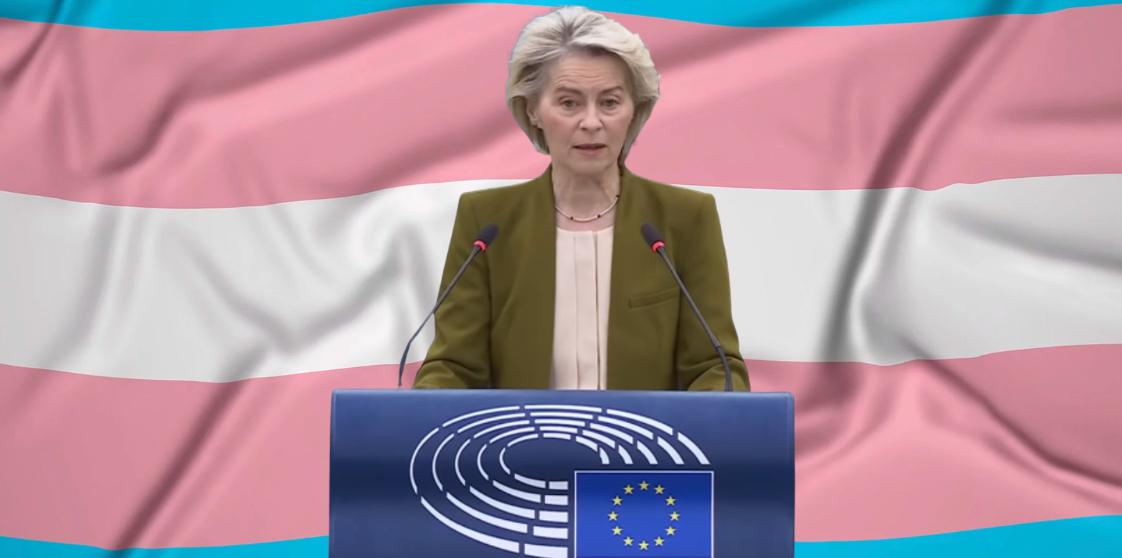Dimitri Stoica has been sentenced to prison for three months because he falsely posted on his TikTok last Wednesday that he was running for his life from enraged rioters in Derbyshire, UK. Stoica has about 700 followers.
The night that Stoica issued his false plea for help, police were anticipating riots to erupt all across the UK – but none actually transpired. Stoica decided to create his own drama and took to the streets around 10 p.m. and explained to his audience that he was being pursued by hostile rioters.
“I am running bro because they are running after me. They’re coming. Everyone get back," he said. Police also saw Stoica's post and went to see if he was really in danger. They arrived at his house to discover it was all a “joke.”
But officers did not see the funny side, and promptly arrested him for an internet crime, namely for sending a false communication with intent to cause harm contrary to Section 179 of the Online Safety Act 2023. Prosecutor Seema Mistry said he was “trying to stir up racial hatred by implying he was being chased."
Stoic was incarcerated Friday for three months and will also have to pay £154 in compensation.
UK Prime Minister Kier Starmer raised the profile of social media “crimes” since the riots began after the murder of three young girls in Southport on July 29. Rioters and opponents of his Labour government have accused Starmer of ignoring the crimes of migrant gangs and punishing indigenous Britons who are critical of the effects of mass immigration in their country.
London Metropolitan Police Commissioner Mark Rowley has even threatened American citizens with legal action for their social media posts that violate UK laws, suggesting they could be extradited to the UK to stand trial for social media crimes.
In a news release, Derbyshire Constabulary's assistant chief constable Michelle Shooter stated:
“We have seen the extraordinary power of social media over the last two weeks. And with that power comes even greater responsibility.
“As a force we absolutely respect and protect the rights of individuals to legally express their views.
“However, the right to freedom can be limited – in particular where it is required to prevent crime and disorder.
“As has been made clear by forces across the country any criminal actions relating to the disorder, whether they be in person or online, will be dealt with quickly and robustly.





